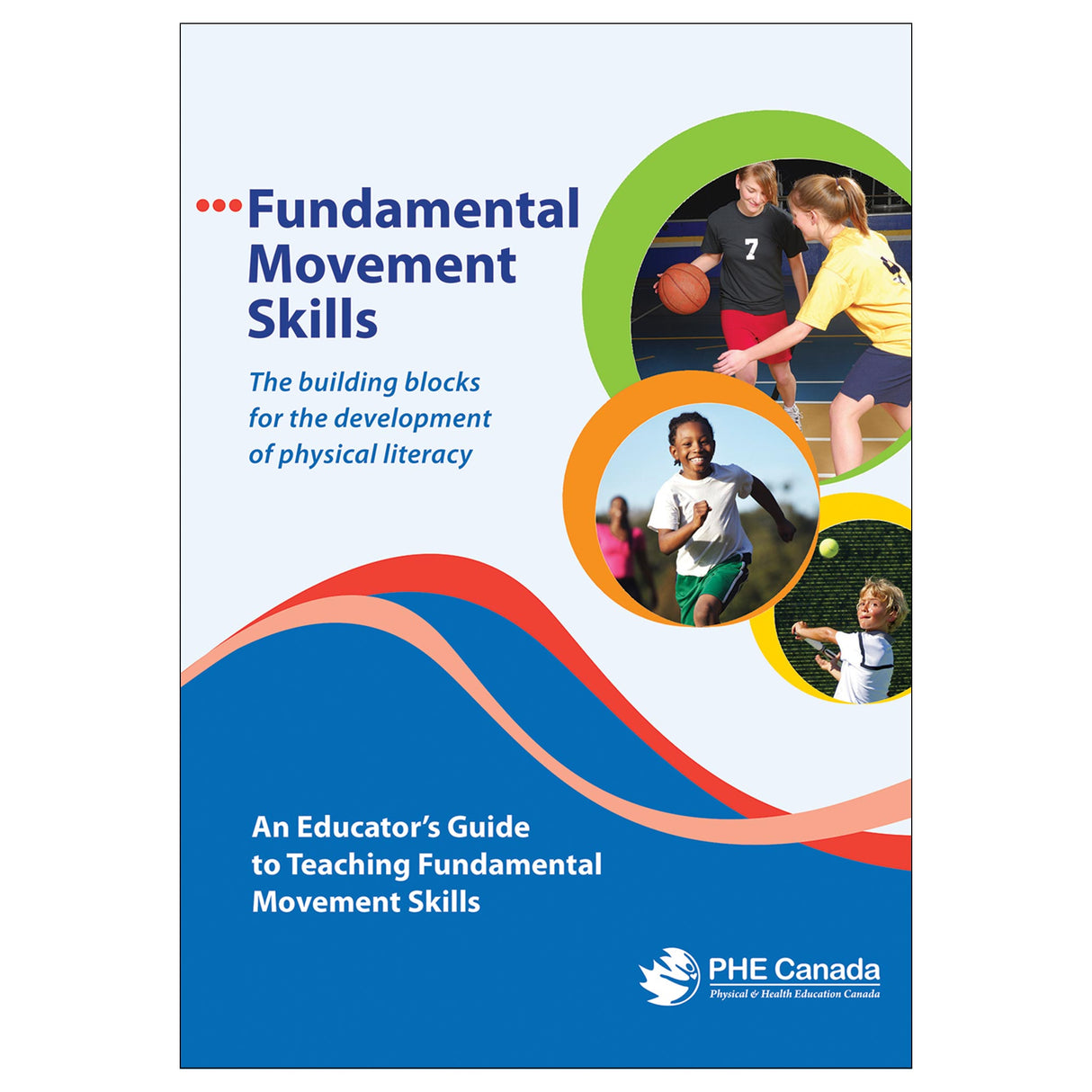Fundamental Movement Skills: An Educator's Guide to Teaching Fundamental Movements
The building blocks for the development of physical literacy
Author: PHE Canada
$64.95 CAD
Audience
Postsecondary students who are in the disciplines of physical education, kinesiology, recreation and leisure, and education; also for teachers, recreational leaders, and coaches working with children of all abilities in the Active Start, FUNdamentals, and Learning to Train stages of the LTAD Model.
Purpose of This Book
A Definition of Physical Literacy
The Importance of Movement
Maturational Differences in Children and Youth
A Developmental Approach to Motor Skill development
Fundamental to Specialized Skills (Readiness and Mature Movers)
Long-Term Athlete Development Model
Resource Organization
Chapter 2. Theoretical Perspectives of Physical Literacy in Children
Physical Literacy
Physical Literacy in School
The Assimilation of Physical Literacy, Physical Activity, and Fundamental Movement Skills
Fostering Natural Movement With Children
Laban’s Movement Analysis to Facilitate Movement Understanding
Stages of Development and Optimal Readiness
Chapter 3. Children With Disabilities/Inclusion
Best Practices for Inclusion
Adaptations
Behaviour Management Techniques
Chapter 4. Balance and Stability Skills
Holding a Shape in Stillness
Standing on One Foot
Holding Shape While Travelling
Log Roll
Chapter 5. Locomotor Skills
Run
Dodge
Sprint
Skip and Gallop
Jump: Five Basic Jumps
Jump
Jump for Distance
Hop
Leap
Stability Skills Combined With Locomotor Skills
Educational Gymnastics
Creative Dance
Chapter 6. Manipulative Skills in Games
Projecting Skills
Underhand Roll
Overhand Throw
Kick
Passing
Sidearm Strike
Striking Sideways, Overhand, and Underhand
Receiving Skills
Catch
Trap
Retaining Skills
Dribble
Combinations of Games Skills
Cover, Dodge, and Intercept
Receive and Dribble
Receive and Pass
Chapter 7. Planning and Assessment Strategies
Planning to Teach Fundamental Skills
Defining Assessment
Principles of Assessment
Assessing Outcomes
Assessing Fundamental Movement Skills





